Canada has long been a sought-after destination for international students, offering world-class education, diverse cultural experiences, and opportunities for personal and professional growth opportunities. However, with the rising number of international students, Immigration, Refugees and Citizenship Canada (IRCC) is proposing changes to better monitor student attendance and ensure the integrity of Canada’s education system. These changes aim to address concerns about student visa misuse and enhance the overall experience for genuine students.
Background: The Growth of International Student Enrollments
In recent years, Canada has seen a significant increase in the number of international students. According to IRCC, the country hosted over 642,000 international students in 2019, a number that has continued to grow. This influx brings substantial economic benefits and enriches the academic and cultural system of Canadian institutions. However, it also presents challenges, including ensuring that students adhere to the conditions of their study permits.
The Need for Enhanced Monitoring
One of the primary concerns driving the proposed changes is the misuse of student visas. Instances of students not attending classes, working beyond the permitted hours, or using student visas as a backdoor entry to Canada have raised red flags. Enhanced monitoring is seen as a way to uphold the integrity of the immigration system and maintain Canada’s reputation as a premier study destination.
Key Proposed Changes
1. Mandatory Reporting by Educational Institutions
One of the cornerstone proposals is to require Designated Learning Institutions (DLIs) to regularly report on the enrollment status and attendance of their international students. This measure aims to create a real-time database that IRCC can use to track students’ compliance with their study permit conditions.
2. Increased Collaboration with Provinces and Territories
IRCC plans to work closely with provincial and territorial governments to ensure a unified approach to monitoring and compliance. This collaboration will involve sharing data and resources to effectively manage the international student population across the country.
3. Stricter Penalties for Non-Compliance
Students found to be non-compliant with their study permit conditions may face stricter penalties, including removal from Canada. Educational institutions that fail to report accurately or comply with monitoring requirements could also face sanctions, including losing their DLI status.
4. Use of Technology and Data Analytics
Leveraging advanced technology and data analytics, IRCC aims to proactively identify and address issues related to student attendance and compliance. This approach includes using predictive analytics to spot trends and potential areas of concern before they escalate.
Implications for Students and Institutions
For students, these changes underscore the importance of adhering to the conditions of their study permits. Regular attendance and engagement in their academic programs will be crucial. Institutions, on the other hand, will need to implement robust reporting systems and ensure accurate and timely data submission to IRCC.
Conclusion: Striking a Balance
While the proposed changes by IRCC to monitor international student attendance aim to address significant concerns, it is essential to strike a balance between enforcement and support. Ensuring that genuine students can pursue their studies without undue stress while maintaining the integrity of the system is crucial.
These measures reflect Canada’s commitment to providing a high-quality, reputable education environment for international students, fostering an atmosphere of mutual benefit and respect. As these proposals take shape, staying informed and compliant will be key for all stakeholders involved.




